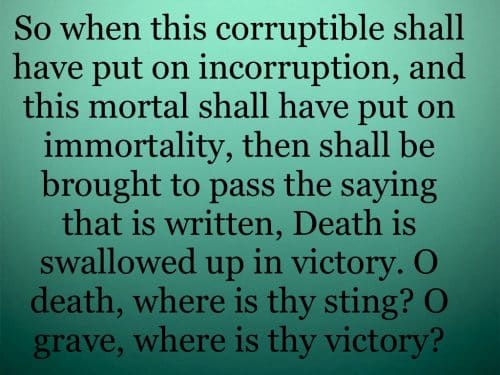We are Not Objective Judges of our Sins
“[S]ince none . . . have been altogether exempt from temporal punishments, let us learn to bear them patiently. God did not spare Moses; what wonder if our condition is no better than his? Moreover, in the opinion of men it was a trifling offence, for the sake of which he was so severely chastised; for, carried away by indignation, he had been so irritated against the people that he had attributed less power to God than was due to Him. Now, those errors, into which we fall through thoughtless impetuosity, are more easily pardoned; but hence it is manifest how precious to God is His glory, when He does not suffer it to be obscured with impunity even by inadvertence. At the same time, also, we are taught that nothing is more irrational than to assume to ourselves the judgment respecting sins, and to weigh them in our own balance, when God is their only legitimate assessor.” John Calvin (Commentaries on the Four Last Books of Moses Arranged in the Form of a Harmony, vol. 4, p. 378)
